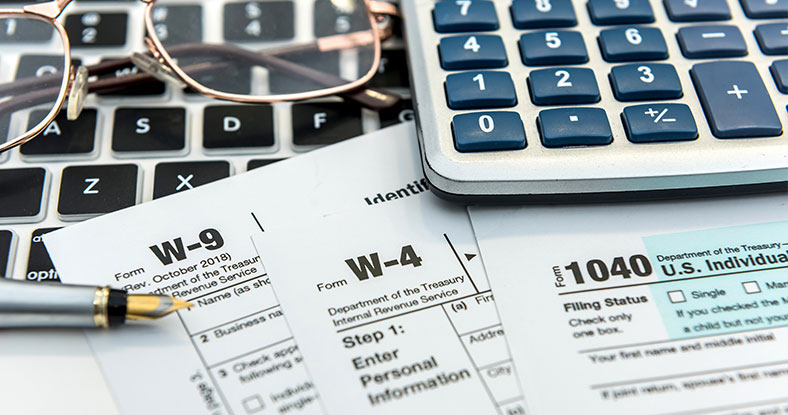News +
Insights

A “Taxing” Question About Changes in US Tax Police
What history tells us is that no matter the directional change of tax rates, the overall revenue generated remains consistent as a percent of GDP over the long-run, and behavioral changes tend to normalize rather quickly. The reality is that changes in tax revenues are more correlated with the business cycle than with actual policy changes, and tax revenues will ebb and flow regardless of higher or lower taxes. As we have often maintained, the resiliency of the US to successfully manage through periods of social, political, and economic change is part of the fabric of our society.
In the near term, however, these types of tax policy changes often cause individuals and companies to make short term changes as they take actions to minimize taxes. For example, there have been two significant capital gains tax increases in the past 50 years – in 1969 and 1986. Each of these times, the policy changes were implemented in the following year thus leading to an influx of selling of assets prior to the change. This resulted in increased tax revenue in the year before the rate change but decreased revenue post-implementation for a short period of time. The result on market performance? In 1969 the S&P 500 was down -8.40% and in 1986 it was up +18.66%.
This time, the Biden Administration is proposing to make the capital gains tax changes retroactive. So, since those taking gains this year may have to pay a higher capital gains tax rate, will this produce more revenue? Possibly, but the tax increase only targets individuals with more than $1 million of adjusted gross income, and many investors with this level of wealth may not need to sell assets and thus may defer asset sales if the higher rates are enacted. Ironically, this could result in reduced overall tax revenue if the higher rates are enacted. The reduced inclination to sell assets could also have the unintended consequence of pushing asset prices higher.
The initial proposals presented by the Biden Administration have a long road to passing through Congress and will likely be modified. It is important to evaluate the near and long-term impact of tax policy changes on your portfolio. To protect yourself, an investment approach that is holistic and resistant to changes in tax policy is the best way to mitigate against any adverse personal outcomes.